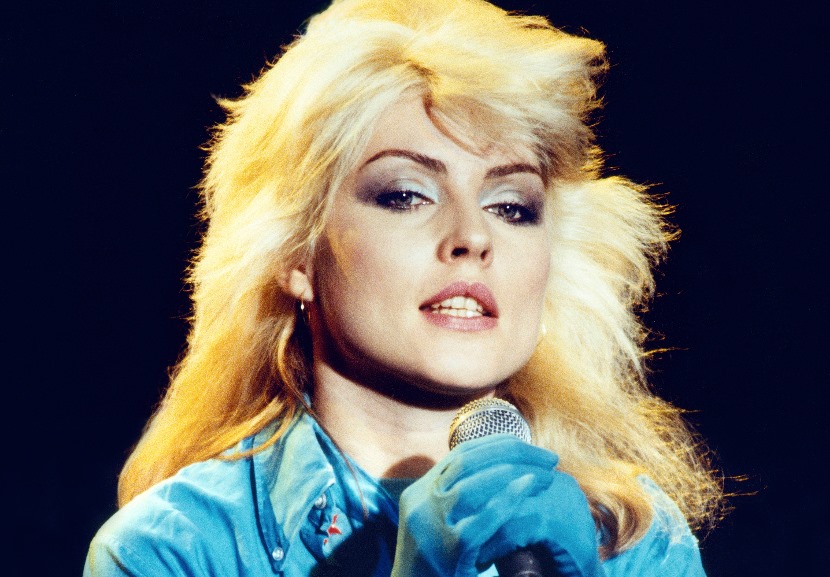Debbie Harry, who’s known as the lead singer and face of the new-wave band Blondie, has been revered as an artist and role model for decades. She was a punk icon during the 70s and 80s for her music, persona, fashion and sexy looks that even captivated Andy Warhol, whose portrait of her is recognized as one of his most iconic work. During the band’s heyday, she was seen as a sex symbol in music but Harry combated the sexism, drugs, lawsuits from her own bandmates and would later on, fight ageism by enjoying success later in life.
Before Blondie’s formation, Harry held various jobs ranging from working as a secretary at BBC Radio’s New York office, a go-go dancer and Playboy Bunny while pursuing her interest in music. Her career began in the late 60s when she sang backup vocals for a folk-rock band The Wind in the Willows. She and then-boyfriend/guitarist Chris Stein (who was in another band) left their respective bands to form Blondie (a nickname she earned after being catcalled) in the mid-70s. The band would become regular performers at the legendary New York punk club, CBGB where they shared the stage with exciting artists of the New York music scene at the time that included The Ramones, Patti Smith and Talking Heads.
It wasn’t until the band released their third studio album Parallel Lines that Blondie and most notably Harry shot to fame when they scored their first number one Billboard hit with the disco-influenced track “Heart of Glass”. While some critics claimed Blondie were “sellouts” for their more polished and mainstream sound the band’s music was monumental during the 70s and 80s as they merged a variety of sounds from reggae, disco and rock. Their fifth studio album Autoamerican (1980) featured two #1 hits “The Tide Is High” (The Paragons cover from 1967) and “Rapture”, the latter which combined funk, disco and rock, would be the first single to feature rapping to top the charts. Inspired by Grandmaster Flash, it was Harry who wrote the lyrics referring to Flash that would forever be iconic and introduce the world rap music and elevated Grandmaster Flash to new heights. Referring to the her vision to create music that didn’t fit into one particular genre, Harry told The Guardian – “I did want to get away from that cute girlish sound.”
Along with a career in music with the band, Harry pursued a solo and acting career as well as dedicating time with philanthropy by working with various organizations and benefits towards HIV/AIDS research, fighting cancer and endometriosis. Harry’s legacy has been an inspiration to numerous artists throughout the last forty years that’s included Pat Benatar, Shirley Manson of Garbage, Gwen Stefani of No Doubt, Lily Allen, and Halsey. The latter featured Harry in the video for the girl-power anthem “Nightmare” that was released last year. In a conversation with Harry for Teen Vogue, Halsey summed up Debbie Harry’s influence and legacy in a single statement, “It wouldn’t be possible for me to do what I do without the foundation you laid for unapologetic women who are artistic and have a personality. You set it up pretty damn good for female artists down the line who had their own brand and sensibility.”

